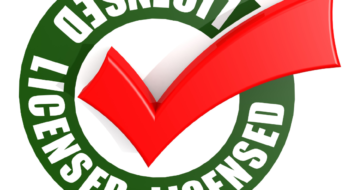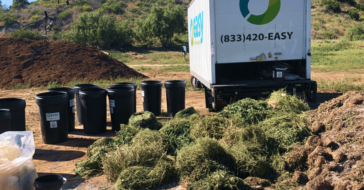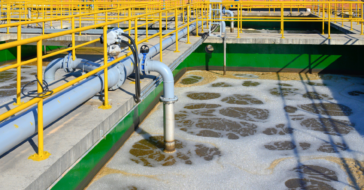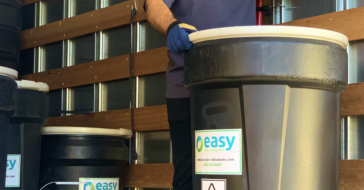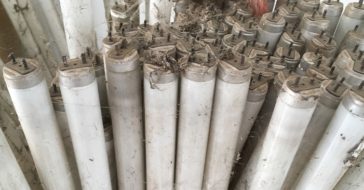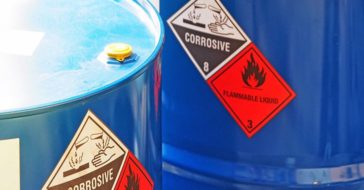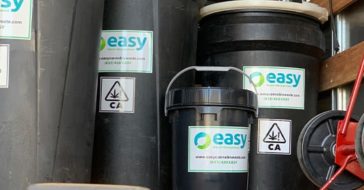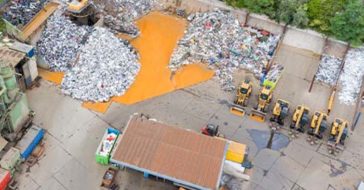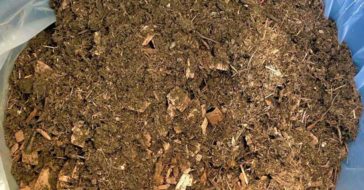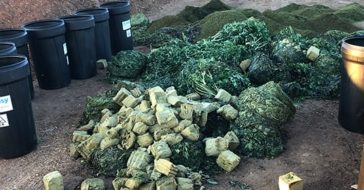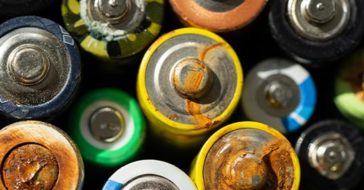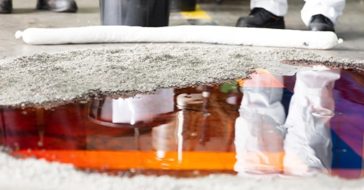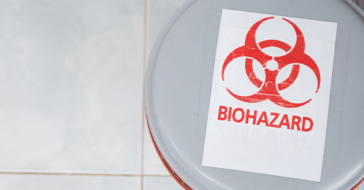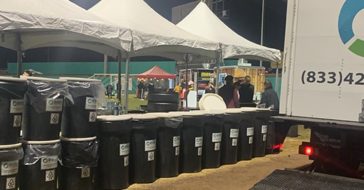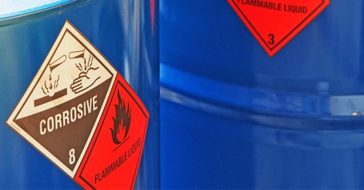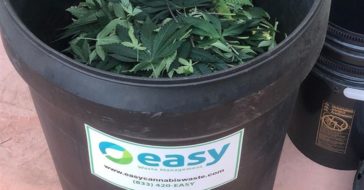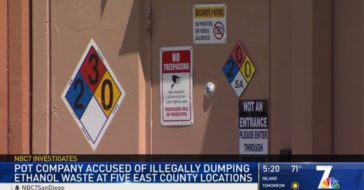Hazardous waste is found in several products your business may use daily. From corrosive material to reactive wastes and toxic substances, these materials can quickly become problematic when it comes time for disposal. To protect the environment from groundwater contamination and ensure they stay out of landfills, the Resource Conservation and Recovery Act set up a framework for hazardous waste generators to follow. Below, we’ll discuss what is hazardous waste in more detail, along with how your business should manage it.
Understanding Hazardous Waste
If mishandled, hazardous-related wastes are incredibly unsafe for both the environment and individuals. Unlike everyday waste you throw out in your garbage, you should dispose of this specific waste in compliance with federal, state, and local regulations that we’ll dive into below.
Defining Hazardous Waste
The Environmental Protection Agency (EPA) classifies hazardous waste as a waste that is dangerous or potentially harmful to human health or the environment. These specific wastes can come in the form of either solid wastes, liquids, gases, or even sludges. Although these toxic substances are generated from numerous sources, including industrial manufacturing and batteries, distinguishing them from other toxic waste can get somewhat complex. Therefore, hazardous waste generators are encouraged to familiarize themselves with the identification process. It’s typical for cannabis cultivators and other industry businesses to generate the following forms of these hazardous materials:
- Fertilizers and pesticides
- Cleaners
- Aerosols and compressed gas products
- Commercial chemical products
- Paints, thinners, and PCBs
- Flammable solvents used in producing cannabis concentrate
The Management of Hazardous Waste in Los Angeles, CA
Over the decades, the alarming amount of waste generated in the United States has called for authorities to establish and execute federal regulations nationwide. In 1976, congress passed the RCRA. Under this law, authorities implemented the framework for proper hazardous waste disposal. It helps ensure that it’s managed correctly from the time of creation to disposal.
To satisfy compliance standards and hazardous waste regulations, any entity handling hazardous waste or hazardous waste by-products must adhere to a waste management plan. If you’re like many businesses throughout California, it’s more than likely you’re generating hazardous substances and universal waste in your day-to-day operations. Everything from smoke detectors to mercury light bulbs and cleaning agents cannot be thrown out in the regular trash and need to be included in your hazardous waste management plan.
Furthermore, if you’re a cannabis cultivator, you have even more stringent guidelines to consider. Since cannabis is still regarded as a Schedule 1 Federally Controlled Substance, cannabis waste must meet Track-and-Trace requirements and be rendered unusable and unrecognizable. It also needs to stay documented via Track-and-Trace reporting to maintain compliance.
Partnering with Your Nearest Waste Disposal Facility
Since hazardous waste disposal can be time-consuming and even stressful at times, many businesses choose to partner with a hazardous waste company. Such companies can easily safe-haul your materials on-site and dispose of them properly. Many even allow their customers the convenience of scheduling waste pickups in advance.
If you’re in the Los Angeles, CA area and are looking to stay compliant with the RCRA’s regulatory guidelines, consider reaching out to the experts at Easy Waste Management. From cannabis waste to universal waste disposal, we’re here to help you devise a hazardous waste management plan that stays compliant with local, state, and federal regulations. Schedule a consultation with us to get started today!










